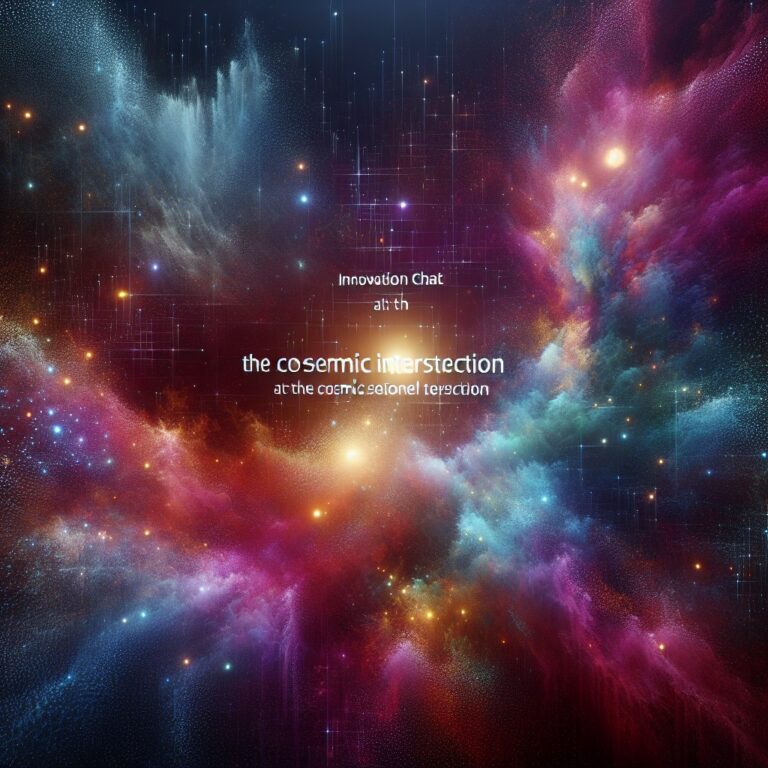Tech mogul Elon Musk has unveiled XChat, a fresh venture under his leadership at X—formerly known as Twitter—aiming to revolutionize messaging with a Bitcoin-inspired twist. Announced on Sunday, the platform is built using the Rust programming language and touts Bitcoin-style encryption. Yet, this bold move was met with lukewarm enthusiasm from the crypto and tech communities, raising eyebrows and skepticism about its true implications.
A Bold Claim Meets Skepticism
Musk’s XChat promises end-to-end encryption, disappearing messages, and cross-platform file sharing without needing a phone number—features that theoretically bolster privacy and flexibility. However, the notion of “Bitcoin-style encryption” puzzled many experts. Ian Miers, an Assistant Professor of Computer Science at the University of Maryland, pointedly remarked on X, “Bitcoin primarily uses signatures, not encryption. This is like saying, we decided to run our rocket on water, since NASA uses Hydrogen and Oxygen.” His analogy underscores the disconnect between marketing lingo and technical reality.
Bitcoin transactions are known for their transparency, not secrecy. While they use cryptographic signatures to verify transactions, the data exchanged is, in fact, unencrypted. This openness is a defining trait, allowing parties to interact with trust but without secrecy—an aspect seemingly at odds with the concept of encryption Musk suggests.
The Rust Factor and Encryption Realities
Musk’s choice of Rust, a language celebrated for its safety and performance, adds another layer of intrigue. Yet, Miers casts doubt on its use as a security guarantee, noting, “Needless to say ‘Bitcoin style’ and ‘Rust’ are not descriptions of an encryption scheme, nor are they strong indicators of security for a messaging app.” The implication is clear: while Rust is a robust language, its mere use doesn’t inherently equate to stronger security protocols.
The broader tech community echoes these sentiments. Encryption, after all, involves scrambling data to ensure only authorized parties decipher it. Without explicit details on how XChat plans to implement end-to-end encryption specifically, assurances of privacy remain speculative. This cautious approach mirrors the sentiment seen in Dogecoin’s response to Musk’s recent statements, where the community remains steady despite external influences.
Market Context and Crypto Reactions
In the context of the broader cryptocurrency market, Bitcoin traded steadily near $105,000 as of this week, despite a more than 3% dip the previous week, according to CoinDesk data. The market’s reaction—or lack thereof—to Musk’s announcement suggests a cautious approach. While tech enthusiasts might be eager for innovation, the crypto community often prioritizes substance over style.
This cautious optimism isn’t without precedent. The crypto world, seasoned by years of lofty promises and occasional letdowns, has learned to weigh new ventures against the backdrop of technological feasibility and security assurances. Musk’s XChat, with its intriguing yet vague promises, finds itself at this crossroads. Similarly, Truth Social’s exploration of cryptocurrency for payments highlights the ongoing trend of tech platforms venturing into the crypto space with ambitious yet uncertain plans.
Looking Forward: Innovation or Hype?
As the dust settles, the unanswered questions around XChat’s encryption claims loom large. Will Musk’s latest innovation live up to its high-tech billing, or will it join the ranks of hyped tech promises that failed to deliver? The answer remains uncertain, with the tech and crypto communities watching closely.
Ultimately, while Musk’s initiative stirs curiosity and conversation, its success hinges on tangible proof of security and usability. Until then, skepticism and cautious interest will likely define its reception. As we move deeper into 2025, the unfolding narrative of XChat will undoubtedly provide new insights into the ever-evolving world of encrypted communication—and the ongoing saga of Musk’s tech ambitions.
Source
This article is based on: Elon Musk Announces ‘Bitcoin-Style’ XChat, But Tech Experts Are Skeptical
Further Reading
Deepen your understanding with these related articles:
- Sam Altman’s World Crypto Project Launches in US With Eye-Scanning Orbs in 6 Cities
- AI Crypto Agents Are Ushering in a New Era of ‘DeFAI’
- AI-Powered Court System Is Coming to Crypto With GenLayer

Steve Gregory is a lawyer in the United States who specializes in licensing for cryptocurrency companies and products. Steve began his career as an attorney in 2015 but made the switch to working in cryptocurrency full time shortly after joining the original team at Gemini Trust Company, an early cryptocurrency exchange based in New York City. Steve then joined CEX.io and was able to launch their regulated US-based cryptocurrency. Steve then went on to become the CEO at currency.com when he ran for four years and was able to lead currency.com to being fully acquired in 2025.


